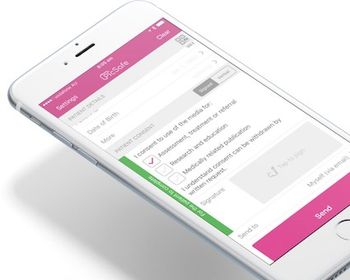
The company poses PicSafe, launched today, as an antidote to unsafe image sharing between doctors.

The company poses PicSafe, launched today, as an antidote to unsafe image sharing between doctors.

There is further information on the firmware update available online, or Abbott's hotline at 800-722-3774.
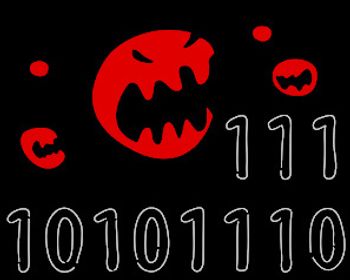
“Culture eats technology for breakfast…this is a human problem," Harnish says of the fight for higher cybersecurity standards in hospitals.
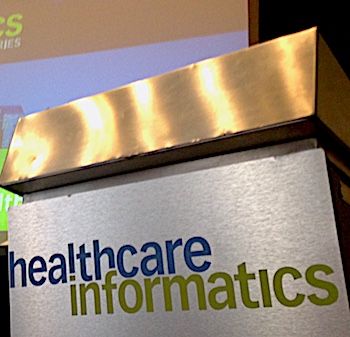
“It’s not just an IT issue…there has to be a coordinated and integrated process to understand the vulnerabilities,” Bertine Colombo McKenna said.
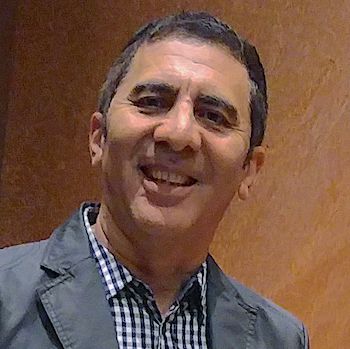
"FDA regulators are not security experts, and to a degree they operate in a silo void of industry experiences," contributor Hamid Karimi of Beyond Security writes.
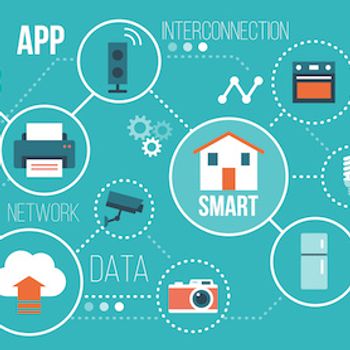
These are the vulnerabilities in the current health IT landscape.

The culmination of several factors has made the healthcare industry a perfect target for cybercriminals. Understanding those factors, experts say, is critical to creating a more secure industry moving forward.
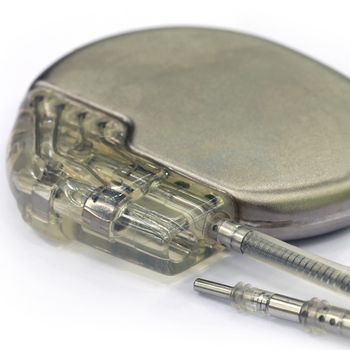
Researchers at Black Hat USA described the growing threat of hacked medical devices.

The company emphatically denies that the incident could constitute a breach of unsecured PHI under the HIPAA Breach Notification Rule.
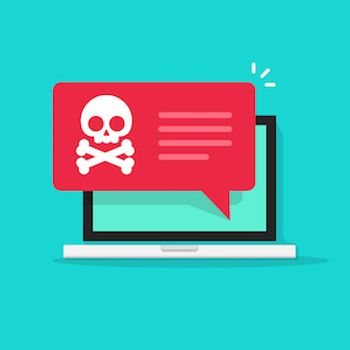
The University of Aberdeen has received nearly $10 million to use AI to determine the human behaviors that lead to attacks, and how to modify them.
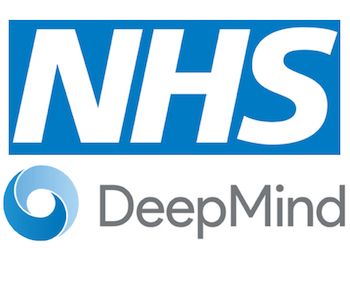
The company's DeepMind subsidiary and the UK's Royal Free health system may not have done enough to inform patients their data was in use. The two are working to develop an alert application to analyze risk of kidney disease.

The UN has released its annual report on global cybersecurity. The report aims to measure which countries are most committed to making the web more secure, scoring countries according to five pillars: technical, organizational, legal, cooperation and growth potential.
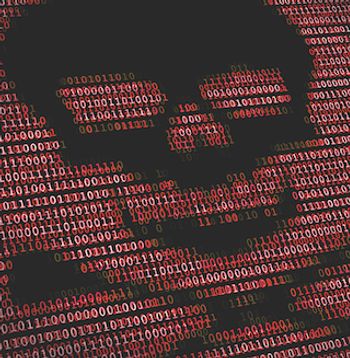
The recent attack ravaged everything from Maersk to Merck. It also impacted small health systems in the US, whether it meant to or not.
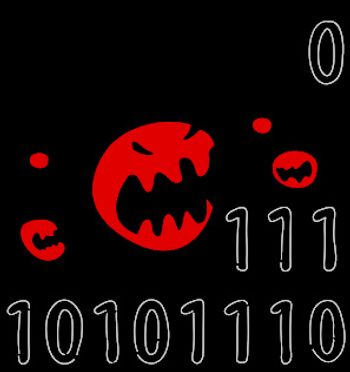
Using the same exploit as WannaCry, a new attack is ravaging computer systems worldwide.

Another week, another IT security threat with a conveniently catchy name: the U.S. Department of Health and Human Services late last week released a warning about a new threat, or series of threats, that could impact healthcare systems.

Experts say that the problem will only get worse, and exponentially so. Still, much can be learned from the recent WannaCry attack.
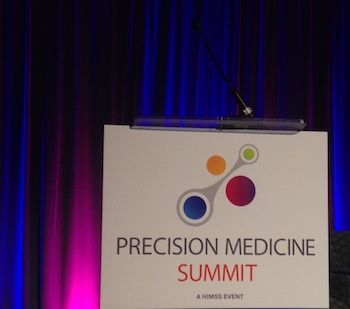
"We are pitting the enthusiasm of the futurists...against the public health perspective that says ‘be careful what you screen for,’” the prominent genomicist says.
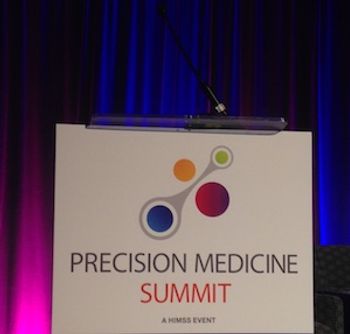
The FDA, GINA, and variants of unknown significance all muddy the waters of genomic research and data storage.
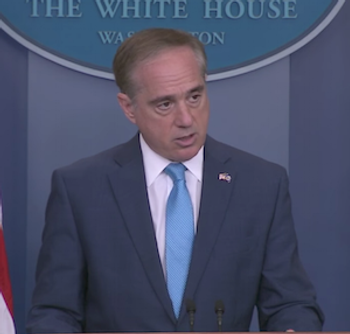
Cerner Corp. nailed down a $4 billion-plus Department of Defense contract in 2015. The deal with the VA bypassed the typical public bidding process.
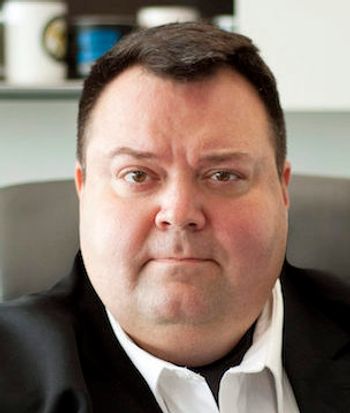
"My particular joy is in innovation, and trying to innovate before the problem occurs, before the pain is really felt, and having a solution ready for when it does hit," Suit says.
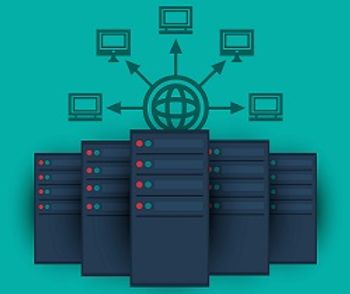
No matter how they safeguard, it’s not a question of whether health systems will suffer a breach but rather when, according to many experts.
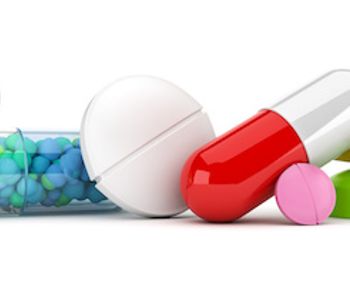
Respected surgeon pens plea in Annals of Surgery urging increased use of electronic prescribing platforms to stem the tide of opiate misuse.
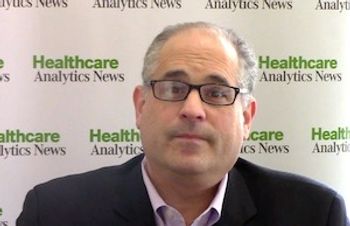
In the final interview installment, David Engelhardt of ReadyDock Inc., speaks of how the company’s collaboration with Samsung can clean a device of bacteria and data alike.
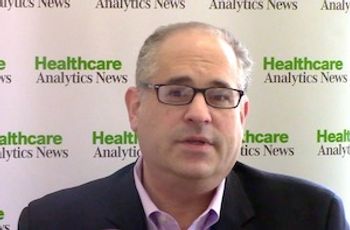
In Part 2 of his interview with HCA News, David Engelhardt, the founder of ReadyDock Inc., discussed the company's chemical-free mobile and tablet disinfection device designed to mitigate the burden of hospital-acquired infections. Here, Engelhardt details how ReadyDock’s technology works and infection-causing bacteria it can kill.
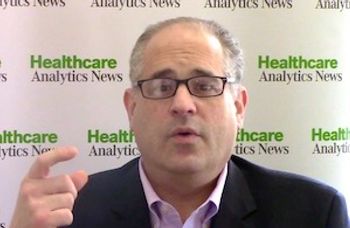
David Engelhardt, the founder of ReadyDock Inc., met up with HCA News for an interview at the HIMSS17 conference in Orlando, Florida. ReadyDock is chemical-free mobile and tablet disinfection device designed to mitigate the burden of hospital-acquired infections. In this section, Engelhardt speaks of the severity and complexity of the infection issue.